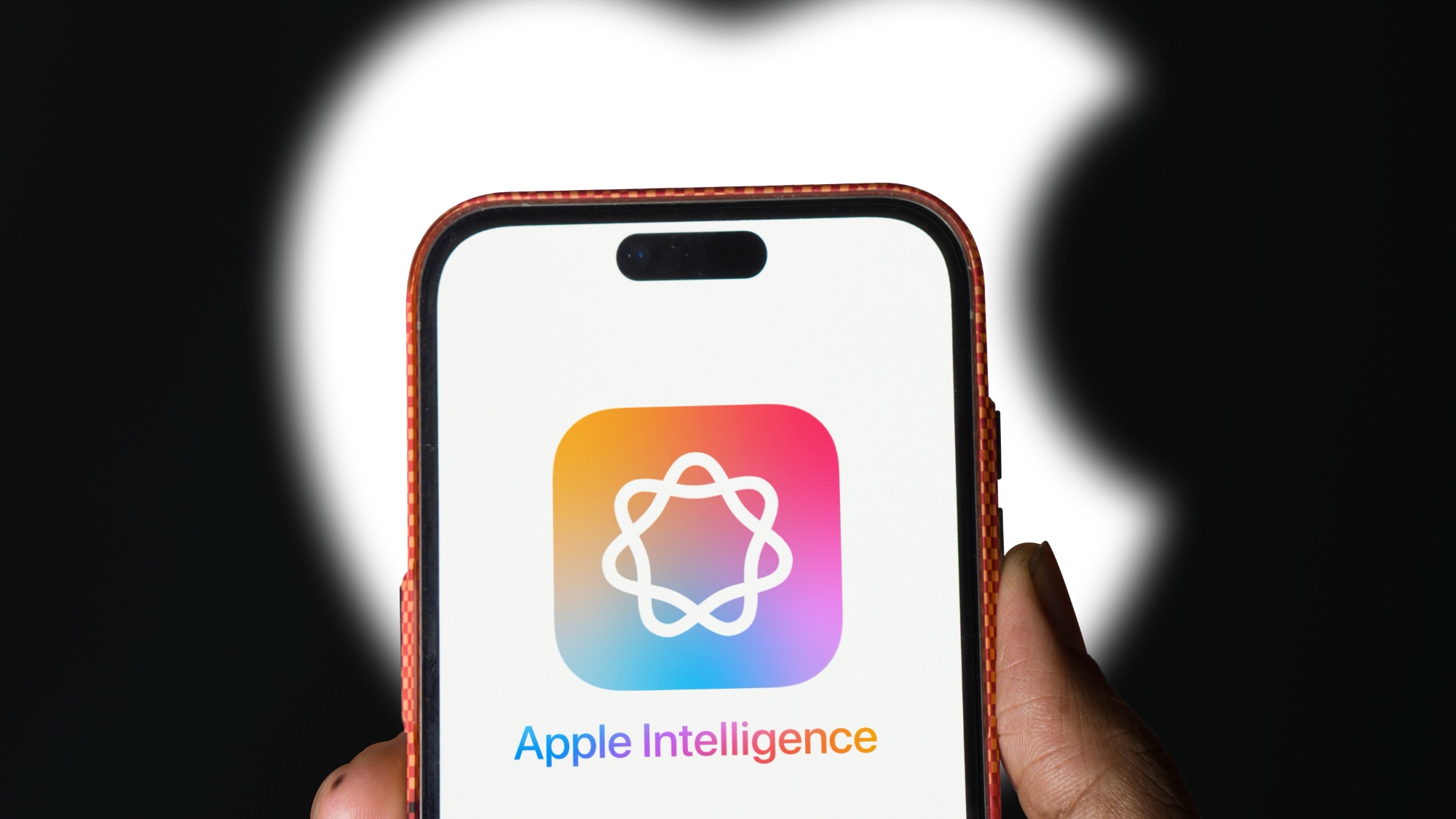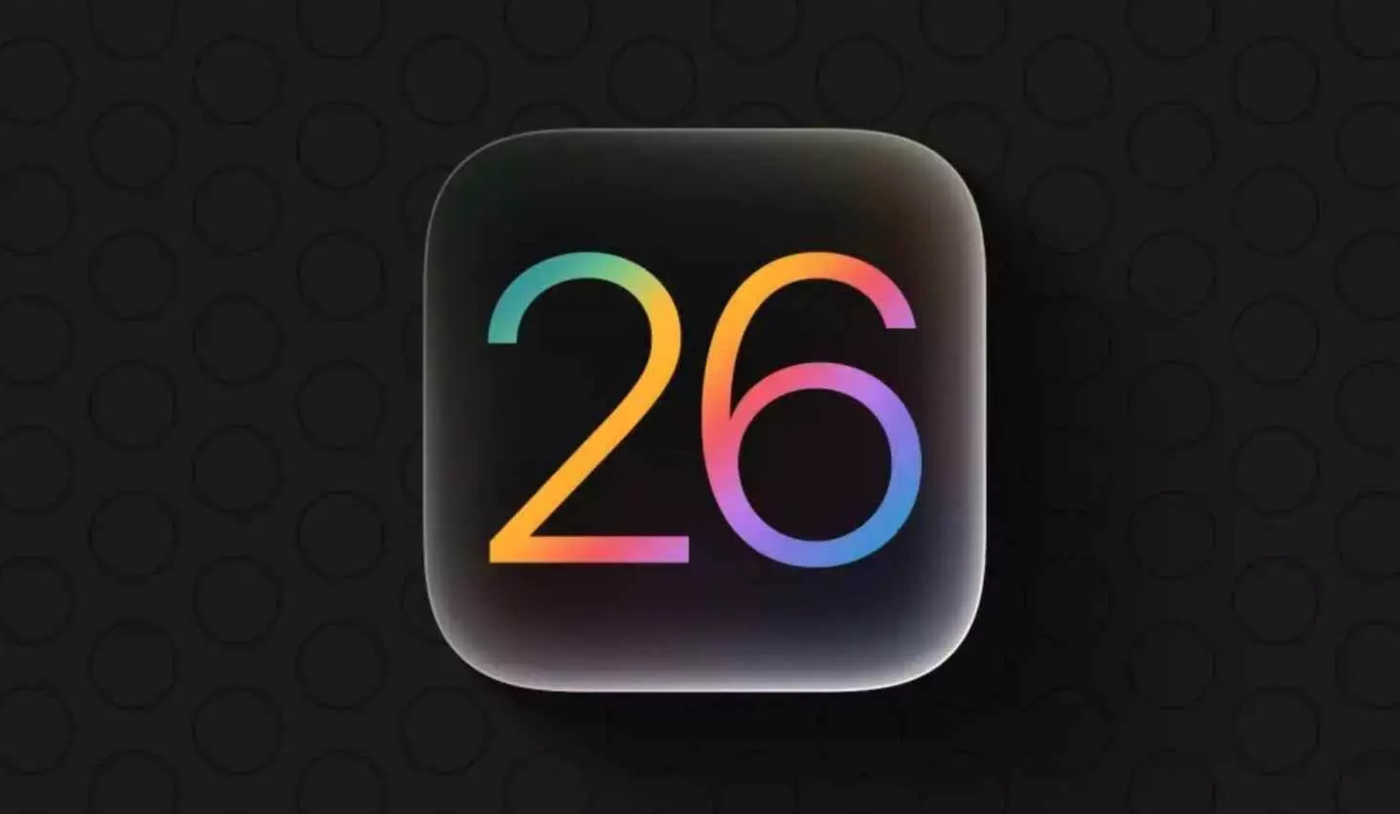Apple is delaying several features planned for the upcoming iOS 26 update, but only for users in the European Union. The decision follows increasing regulatory pressure under the EU’s Digital Markets Act, a law designed to reduce the dominance of tech giants and promote fairer digital competition. As a result, Apple is withholding certain tools and capabilities for European users, citing potential threats to privacy and security .
.
One of the major features being postponed is the “visited places” function, which was designed to offer users enhanced location tracking and recommendations based on travel history. While this tool is set to debut in other regions alongside the iOS 26 update, it will not be available in the EU at launch. Apple’s legal team confirmed that the delay stems from concerns over how the DMA mandates broader ecosystem access for competitors.
Kyle Andeer, Apple’s Vice President of Legal, addressed the issue during a workshop in Brussels attended by EU officials and app developers. He expressed serious reservations about how the DMA could jeopardize user security. Andeer argued that forcing Apple to open its tightly controlled ecosystem to third party developers introduces risks that the company is not yet ready to manage at scale. According to him, this regulatory requirement could compromise the safety of user data and impact the seamless integration Apple is known for.
The Digital Markets Act requires major tech companies like Apple to ensure interoperability between their platforms and third party services. This means Apple must now make it easier for external smartwatches, headphones, and other accessories to function smoothly with iPhones and iPads. While the regulation aims to improve consumer choice, Apple believes it introduces unintended risks that go beyond just technical compatibility.
Andeer further stated that the company is still reviewing which other iOS 26 features may be impacted by the new law and is working toward delivering compliant alternatives as quickly as possible. However, he also made it clear that Apple’s core concerns remain unresolved. The company maintains that the DMA reduces product quality and adds complications to its software rollout strategy, especially when balancing innovation with user safety.
This delay highlights the growing tension between regulatory bodies in Europe and the operational philosophies of large tech companies. While Apple has always favored a closed and tightly integrated system, the EU is pushing for more openness and equal access for smaller developers. The outcome of this standoff could shape not just how iOS evolves in the EU but how future digital regulations influence software development worldwide.

With privacy and performance now sitting at the center of this debate, iPhone users in Europe may face a different user experience compared to others globally when iOS 26 officially launches.
Stay updated on the latest tech developments and global policy shifts. Follow Tech Moves on Instagram and Facebook for deeper insights and breaking news from the world of technology.














